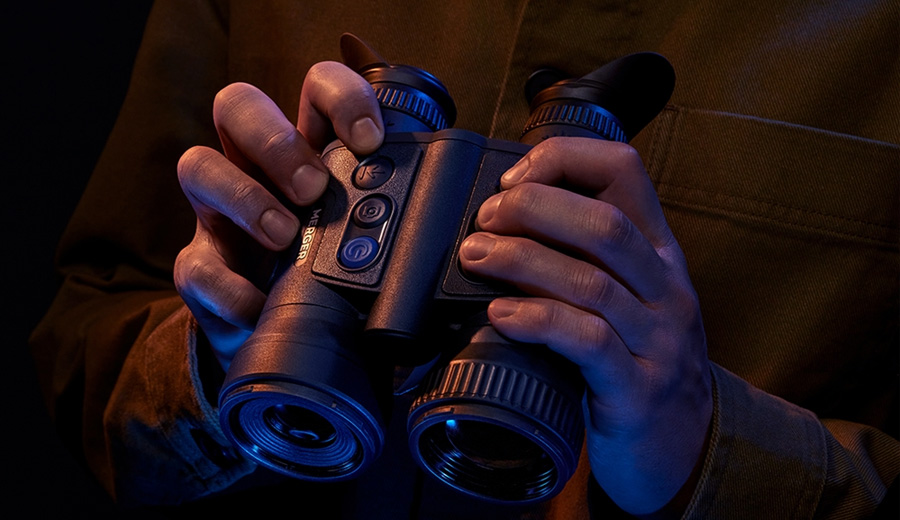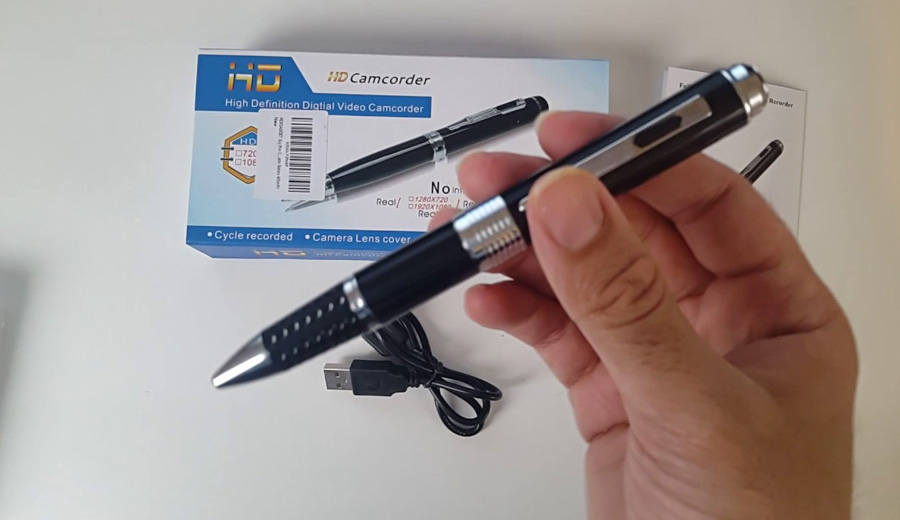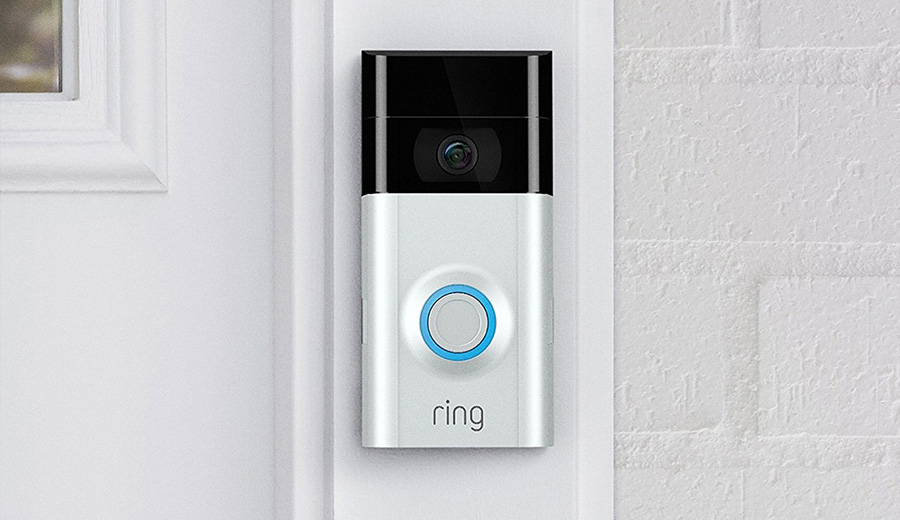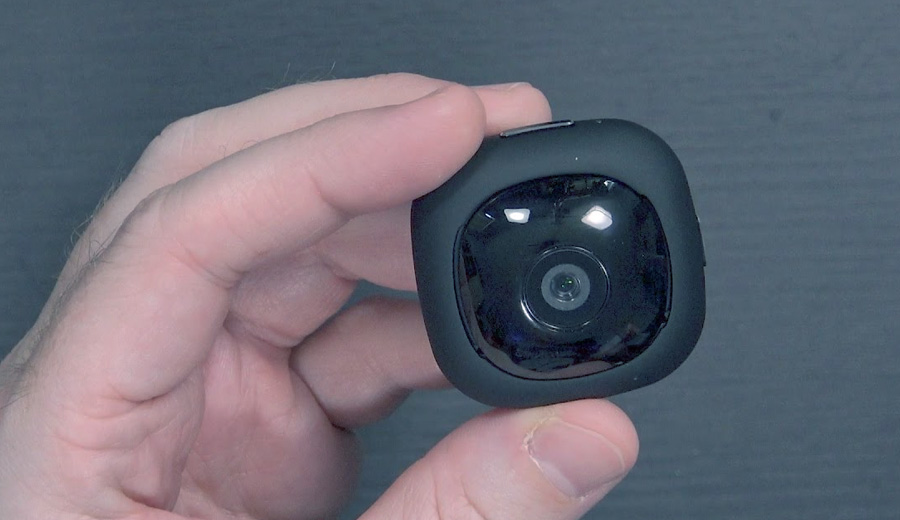If you’ve never heard of wireless interception devices, you’re not alone. This type of technology is more geared towards industry professionals rather than regular consumers.
In a nutshell, wireless interceptors are specific tools used to monitor and intercept wireless network traffic. They are most often used by law enforcement agencies, network administrators, security professionals or hackers.
These gizmos resemble invisible microphones, picking up, and unscrambling wireless messages scrolling in the air. Wireless interceptor devices can intercept the Wi-Fi signals that link your laptop to the internet or the Bluetooth conversations that connect your phone to your ear buds.
Having said that, it’s important to note that these wireless interceptor devices are separated into 2 categories. Active interceptors and passive ones.
Passive vs Active Interceptors
Passive Interceptors
Passive interceptors operate in what it’s called, essentially an observation mode.
They don’t actively engage in the network communication process. Instead, they eavesdrop on the signals passing through the network.
Passive interceptors are harder to detect. Since they merely observe without engaging in the network communications, they are less likely to be noticed by the security systems and devices involved.
These wireless interceptors mainly focus on data collection.
Passive interceptors gather information without getting involved in the communication they are monitoring.
They’re good and are well-suited for covert operations.
Passive wireless interceptors are commonly employed in scenarios where stealth and discreet observation are crucial, such as in cybersecurity for gathering intelligence data.
Active Interceptors:
Active wireless interceptors actively engage in the communication process.
They participate in the exchange of a signal, mostly for decoding the information, modifying, or blocking the communication.
Active interceptors are more likely to be detected.
Because they interact with network communications, there’s a higher likelihood that their presence may be noticed by the security systems involved in the communication process.
Active interceptors have the ability to not only intercept but also modify or influence the communication, making them suitable for tasks such as signal jamming or altering transmitted data. They can redirect the signal for example or block it.
Applied in network management and troubleshooting.
Active interceptors are used by network admins to identify and solve issues in wireless networks, actively participating in the maintenance and optimization of network performance.
Cybersecurity is the main area where these devices are being deployed and most often used. Such devices are used to eavesdrop and examine signals by digital security companies to decode passwords or encryption keys.
More practically, these gadgets make up the toolbox of network administrators.
These digital detectives are called wireless interceptor devices because they resolve problems in Wi-Fi networks, freeing up internet access and protecting users. They guard the integrity of digital communication, detecting any glitches and averting possible disruptions.
However, wireless interceptor devices are not limited only to the world of high-stakes espionage; they are found in many environments.
These devices can be deployed in different landscapes ranging from the corporate world protecting proprietary information to ordinary households troubleshooting wifi network connectivity issues.
You will find them in areas that require strong wireless communication security like government institutions and airports among others. Cyber security officers, network administration engineers, and telecom experts use them as essential instruments. They ensure that security in our digital space is maintained. The national security experts, and experts in wireless communication, are involved in tackling the constant threat of network attacks and hacking from the outside.
While an average consumer may not need a wireless interceptor device, as these are used mainly by professionals, it’s always good to know what technology is out there. In case you do decide to fortify your wifi network, then you might as well investigate these wireless interceptor devices further.
Either way, the cybersecurity world is a constant cat and mouse game. There will always be hackers trying to break through the security. And there will always be tools and experts trying to stop them. It’s good that there’s a tool like wireless interceptor device aiding us in this fight.







